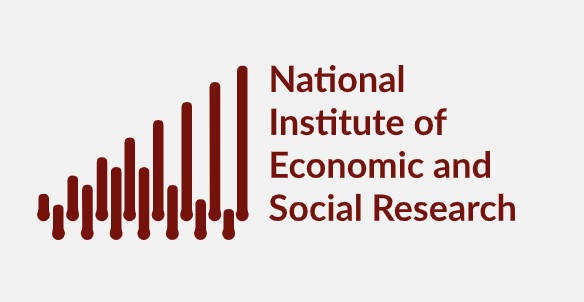The cost to the Exchequer that is associated with people experiencing ‘problem gambling’ amounts to at least £3,700 per year per person compared with people who experience ‘at-risk’ gambling, according to new research by the National Institute of Economic and Social Research (NIESR).
While recognising the economic benefits of gambling, the research firms up the estimates of the fiscal burden and finds that around 380,000 people experience problem gambling, which corresponds to 0.7 per cent of the total population of 16 years and older living in private accommodation. On that basis, the central estimate is that the total fiscal cost is £1.4 billion per year.
The bulk of the fiscal burden is linked to higher welfare payments, in addition to increased healthcare, criminal justice costs and the costs of homelessness. In essence, people who experience problem gambling are significantly more likely to require public services than those who experience at-risk gambling. The research compares these two groups because their gambling behaviour is similar in profile, as opposed to the total population that includes many non-gamblers.
Nevertheless, the figure is likely an underestimate as it is limited to costs where data is publicly available and does not include costs arising from “affected others” – e.g., links between gambling, debt and family breakdown – and the costs of suicide. There are also wider social costs associated with problem gambling, including unhappiness or misery that results from losing money.
Given these findings, we recommend:
Recognising the fiscal costs associated with problem gambling in the Government’s proposed regulatory changes as part of the White Paper on Gambling reform.
- Inclusion of screens (measurement instruments) for people experiencing problem gambling in the next round of the Wealth and Assets Survey (WAS) and updating the estimate of fiscal costs once the 2022 Adult Psychiatric Morbidity Survey (APMS) data with those screens are available.
- Large-scale data collection as part of the remit of the Gambling Commission, especially in relation to the association between problem gambling and “affected others” and between problem gambling and suicide – with a focus on online gambling.
Professor Adrian Pabst, NIESR’s Deputy Director for Public Policy, said: “Gambling has many benefits to the UK economy and society, but these have to be weighed against the costs of gambling-related harms. Our research provides an independent and impartial assessment of the burden to the Exchequer that is associated with problem gambling – around 380,000 people suffering severe gambling-related harm at a minimum cost of £1.4 billion per year. Behind these numbers are the lives of many more people who are affected by problem gambling, including families and communities, especially those who are most economically and socially deprived. NIESR’s mission is to improve the public understanding of complex phenomena such as gambling and to help design better policy to improve people’s lives. We hope that this report will contribute to the policy debate now that the publication of the White Paper on gambling reform is imminent.”
Dr Heather Wardle, co-director of the Gambling Research Glasgow at the University of Glasgow and a member of the Advisory Board, said: “Gambling-related harms have a devastating effect on people who experience problem gambling. These harms also have a substantial fiscal cost. NIESR’s research makes a very valuable contribution by calculating that the fiscal burden associated with problem gambling is at least £1.4 billion per year and likely much higher. It also sets out in compelling ways why previous studies may understate the fiscal burden of gambling harms. This report provides much-needed estimates to show that harms from problem gambling are broader and affect more people than previously acknowledged.”
Dr James Noyes, Senior Fellow of the Social Market Foundation and Chair of the Advisory Board, said: “For years policymakers have lacked a proper understanding of the costs of gambling-related harm. The NIESR report goes a long way towards filling this gap in the existing evidence base. It is both an authoritative and important intervention: authoritative in that the report was written by a team of leading economists, and important because it demonstrates that the fiscal costs arising from gambling harm are higher than previously thought. This report provides a major contribution to the debate on gambling reform and will help shape policymaking after the publication of the White Paper.”
About The National Institute of Economic and Social Research
The National Institute of Economic and Social Research (NIESR) is Britain’s longest established independent research institute, founded in 1938 by a group of major social and economic reformers including John Maynard Keynes and William Beveridge. As a charity, it is independent of all party-political interests and receives no core funding from government or other sources. institutions, Its aim is to improve the public’s understanding of the ways through which economic and social forces impact on their lives, and the ways in which policy can bring about change. As an organisation it works in collaboration with leading academic as well as government departments, charitable foundations, international organisations, and the private sector.
Further details of NIESR’s activities can be seen on http://www.niesr.ac.uk or by contacting enquiries@niesr.ac.uk























